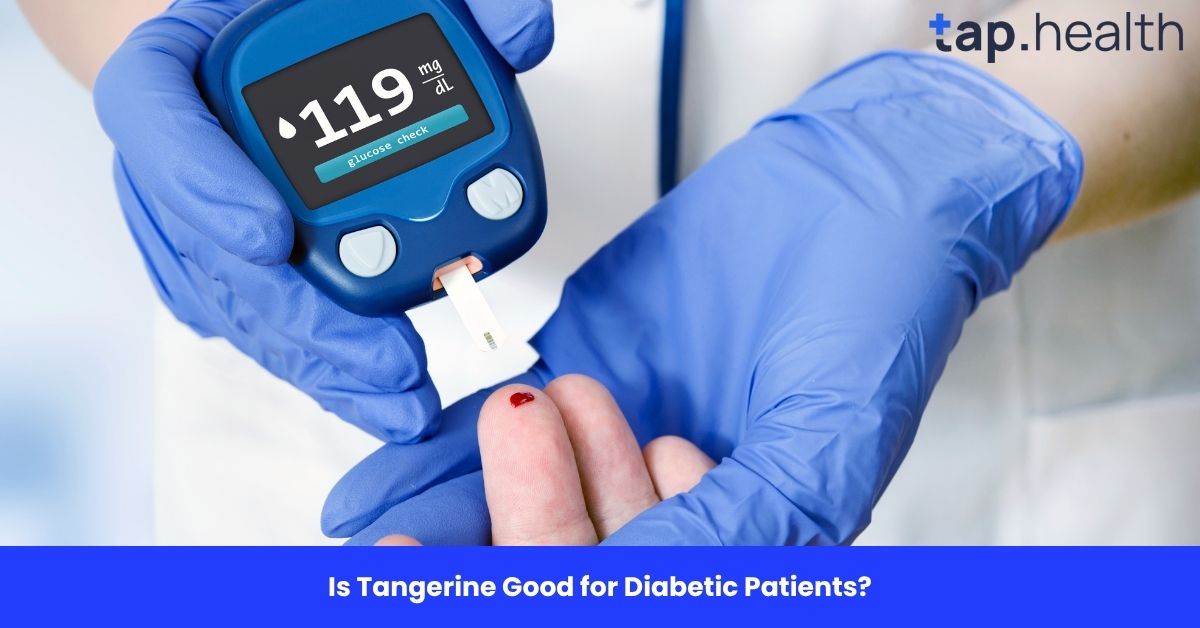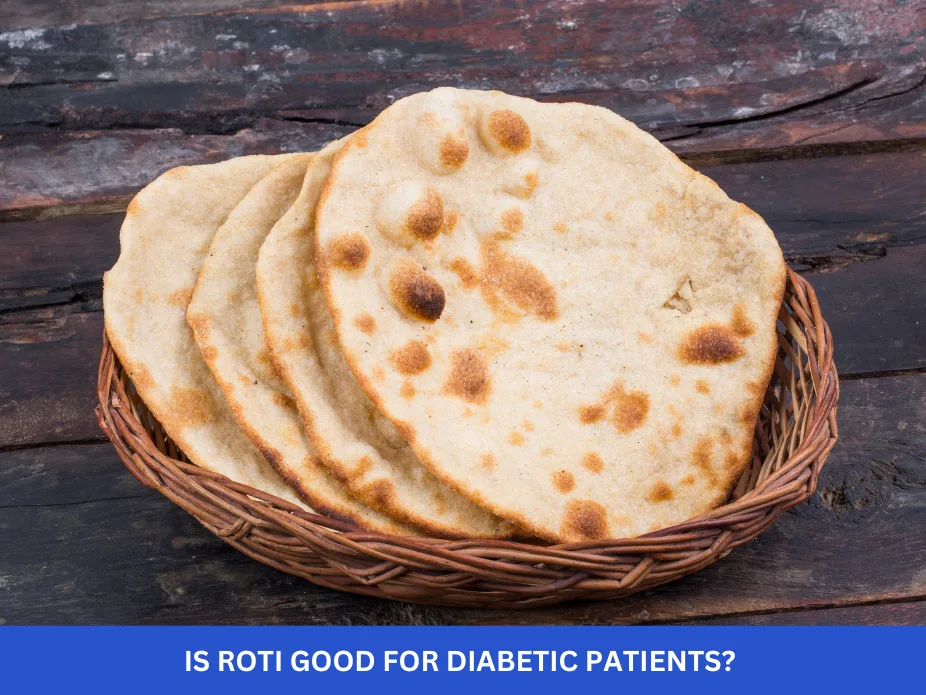When you’re feeling tired, it’s easy to brush it off as just being busy or having a poor night’s sleep. However, constant fatigue or sleepiness can sometimes be a sign of something more serious, such as diabetes. If you’re frequently feeling exhausted despite adequate rest, it may be time to pay closer attention to your health.
Diabetes is a chronic condition where the body either doesn’t produce enough insulin or doesn’t respond properly to insulin. Insulin is a hormone that helps regulate blood sugar (glucose) levels. When blood sugar levels are too high or too low, it can cause a variety of symptoms, including fatigue. In this article, we’ll explore the connection between sleepiness and diabetes, helping you understand why feeling tired could be an early warning sign of this condition.
What Is Diabetes and How Does It Affect Your Body?
Before diving into how sleepiness relates to diabetes, it’s important to understand what diabetes is and how it affects the body.
Type 1 Diabetes
Type 1 diabetes is an autoimmune condition where the immune system mistakenly attacks and destroys the cells in the pancreas that produce insulin. As a result, people with Type 1 diabetes need to take insulin for the rest of their lives to help regulate their blood sugar levels.
Type 2 Diabetes
Type 2 diabetes is the more common form of the disease. It occurs when the body becomes resistant to insulin or doesn’t produce enough of it. Over time, high blood sugar levels can damage organs and lead to complications.
Gestational Diabetes
Gestational diabetes occurs during pregnancy and typically goes away after the baby is born. However, women who develop gestational diabetes are at a higher risk of developing Type 2 diabetes later in life.
Is Sleepiness a Sign of Diabetes?
Yes, sleepiness can be a sign of diabetes, especially if it’s persistent and doesn’t improve with rest. Diabetes affects the body’s ability to process glucose, which is the primary source of energy for your cells. If your blood sugar levels are consistently high (hyperglycemia) or low (hypoglycemia), your body may not have enough energy to function properly, leading to feelings of tiredness and fatigue.
Let’s dive deeper into how this works.
How High Blood Sugar Leads to Fatigue
When blood sugar levels are high, the body struggles to use glucose efficiently. This can result in energy being diverted away from cells and leading to feelings of exhaustion. Additionally, high blood sugar levels can cause frequent urination, which leads to dehydration, further contributing to fatigue.
How Low Blood Sugar Leads to Sleepiness
Low blood sugar (hypoglycemia) occurs when the body doesn’t have enough glucose to fuel its cells. When blood sugar levels drop too low, it can cause symptoms like dizziness, weakness, and extreme tiredness. If you’re feeling unusually sleepy, it could be due to a drop in blood sugar.
Common Symptoms of Diabetes-Related Sleepiness
Sleepiness alone isn’t necessarily a sign of diabetes. However, if you experience any of the following symptoms alongside sleepiness, it could be an indication of diabetes:
1. Excessive Thirst
Constant thirst, known as polydipsia, is a common symptom of diabetes. If your body isn’t able to properly use glucose, it can result in dehydration, making you feel excessively thirsty.
2. Frequent Urination
If you find yourself visiting the bathroom more often than usual, it could be a sign that your blood sugar levels are too high. Frequent urination can lead to dehydration, which in turn can cause fatigue.
3. Unexplained Weight Loss
When the body can’t effectively use glucose for energy, it starts to break down muscle and fat for fuel. This can lead to unexpected weight loss.
4. Blurred Vision
High blood sugar can cause the lenses in your eyes to swell, leading to blurry vision. If you experience this along with tiredness, it could indicate an issue with your blood sugar.
5. Slow Healing of Wounds
People with diabetes often experience delayed healing of cuts and wounds. This can be due to poor circulation and high blood sugar levels.
6. Increased Hunger
In people with uncontrolled diabetes, blood sugar levels remain high, which can cause constant hunger. Your body is signaling that it needs more energy to function.
Why Does Diabetes Cause Sleepiness?
Sleepiness occurs due to several mechanisms associated with diabetes. Here are the key reasons why:
1. Insulin Resistance
In people with Type 2 diabetes, the body’s cells become resistant to insulin. As a result, glucose can’t enter the cells effectively, leaving the body without enough energy to function properly. This lack of energy leads to fatigue and drowsiness.
2. Dehydration
High blood sugar can cause the kidneys to work overtime, leading to frequent urination and dehydration. Dehydration can make you feel sluggish and tired.
3. Poor Circulation
Diabetes can affect the circulation of blood, which means your organs and tissues may not get the oxygen and nutrients they need to function well. This can lead to feelings of tiredness and weakness.
4. Sleep Apnea
People with diabetes are at a higher risk of developing sleep apnea, a condition where breathing is interrupted during sleep. This can cause fragmented sleep and lead to excessive daytime sleepiness.
What to Do If You’re Feeling Sleepy and Suspect Diabetes
If you are experiencing persistent tiredness and other symptoms of diabetes, it’s essential to seek medical advice. Here’s what you can do:
1. Get a Blood Sugar Test
A blood test is the best way to determine if your sleepiness is related to diabetes. There are several tests available, such as the fasting blood glucose test, oral glucose tolerance test, and A1C test. These tests measure how well your body is managing blood sugar.
2. Monitor Your Diet
Eating a balanced diet that helps regulate blood sugar levels is crucial. Foods high in fiber, healthy fats, and lean proteins can stabilize blood sugar levels and reduce feelings of fatigue.
3. Exercise Regularly
Regular physical activity can help improve insulin sensitivity and control blood sugar levels. Just be sure to talk to your doctor before starting any new exercise program, especially if you have diabetes.
4. Stay Hydrated
Drink plenty of water throughout the day to stay hydrated. Dehydration can exacerbate feelings of tiredness and other symptoms of diabetes.
5. Take Medications as Prescribed
If you’ve already been diagnosed with diabetes, make sure to take any prescribed medications as directed by your healthcare provider. Insulin or other diabetes medications can help manage blood sugar levels and reduce symptoms like fatigue.
Can Sleepiness Be a Sign of Other Health Conditions?
While sleepiness can be a sign of diabetes, it can also be related to other health conditions. Some of these include:
1. Sleep Disorders
Conditions like sleep apnea, narcolepsy, and insomnia can cause chronic fatigue. If you’re not getting restful sleep, it can lead to daytime sleepiness.
2. Hypothyroidism
An underactive thyroid can cause symptoms such as fatigue, weight gain, and depression.
3. Anemia
Low iron levels in the blood can lead to feelings of tiredness and weakness.
4. Depression
Fatigue is a common symptom of depression, along with feelings of sadness, hopelessness, and loss of interest in activities.
5. Chronic Fatigue Syndrome
This is a condition characterized by extreme tiredness that doesn’t improve with rest. It may be triggered by infections or stress.
Frequently Asked Questions on Is Sleepiness a Sign of Diabetes?
1. Can sleepiness be the only symptom of diabetes?
No, sleepiness is typically accompanied by other symptoms such as excessive thirst, frequent urination, and blurry vision. If you notice these additional symptoms, it’s important to seek medical attention.
2. How can I manage sleepiness caused by diabetes?
Managing diabetes through proper diet, exercise, hydration, and medication can help reduce sleepiness. It’s also important to get enough sleep and practice good sleep hygiene.
3. Can sleepiness be caused by low blood sugar?
Yes, low blood sugar can lead to fatigue and sleepiness. If you experience dizziness or weakness along with tiredness, it could be due to hypoglycemia.
4. What should I do if I feel sleepy all the time?
If you’re feeling unusually sleepy, it’s best to consult with a healthcare provider. They can perform tests to determine if diabetes or another condition is causing your fatigue.
5. How can I prevent fatigue from diabetes?
To prevent fatigue, keep your blood sugar levels within a healthy range by following your doctor’s advice on diet, exercise, and medication. Staying hydrated and getting enough sleep can also help.
Understanding the link between sleepiness and diabetes is crucial for early detection and management of this condition. If you’re experiencing excessive fatigue, it’s worth considering whether diabetes might be the cause. Remember, the key to managing diabetes and its symptoms is regular monitoring, healthy lifestyle choices, and timely medical intervention.



